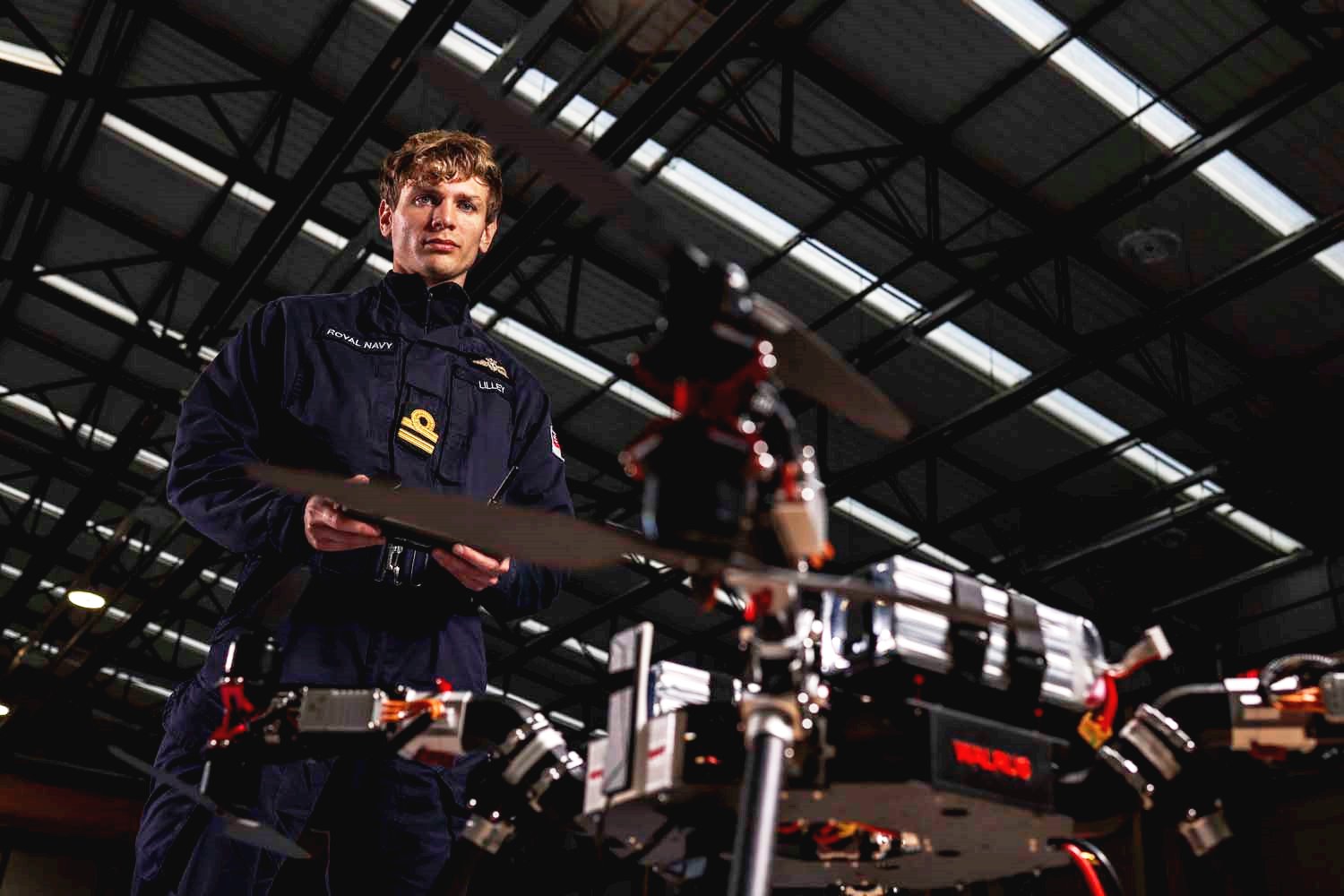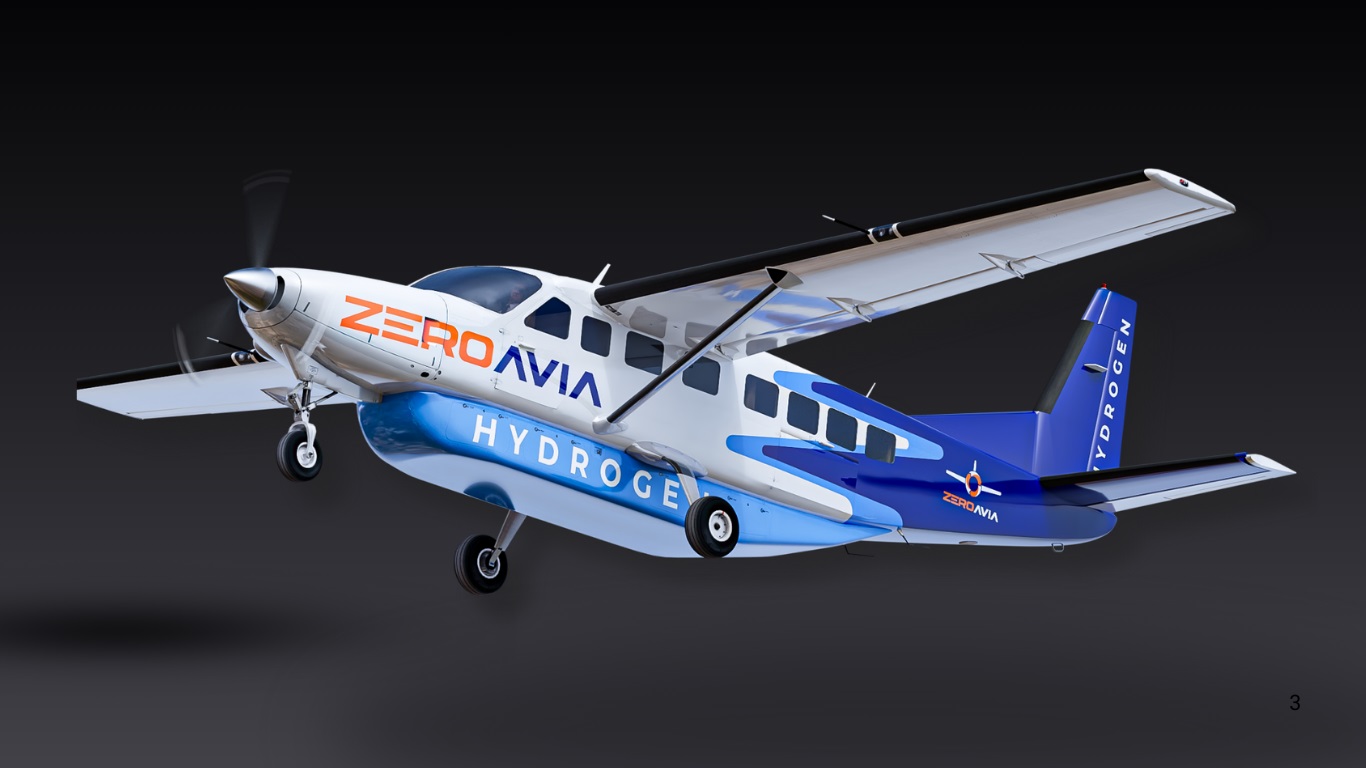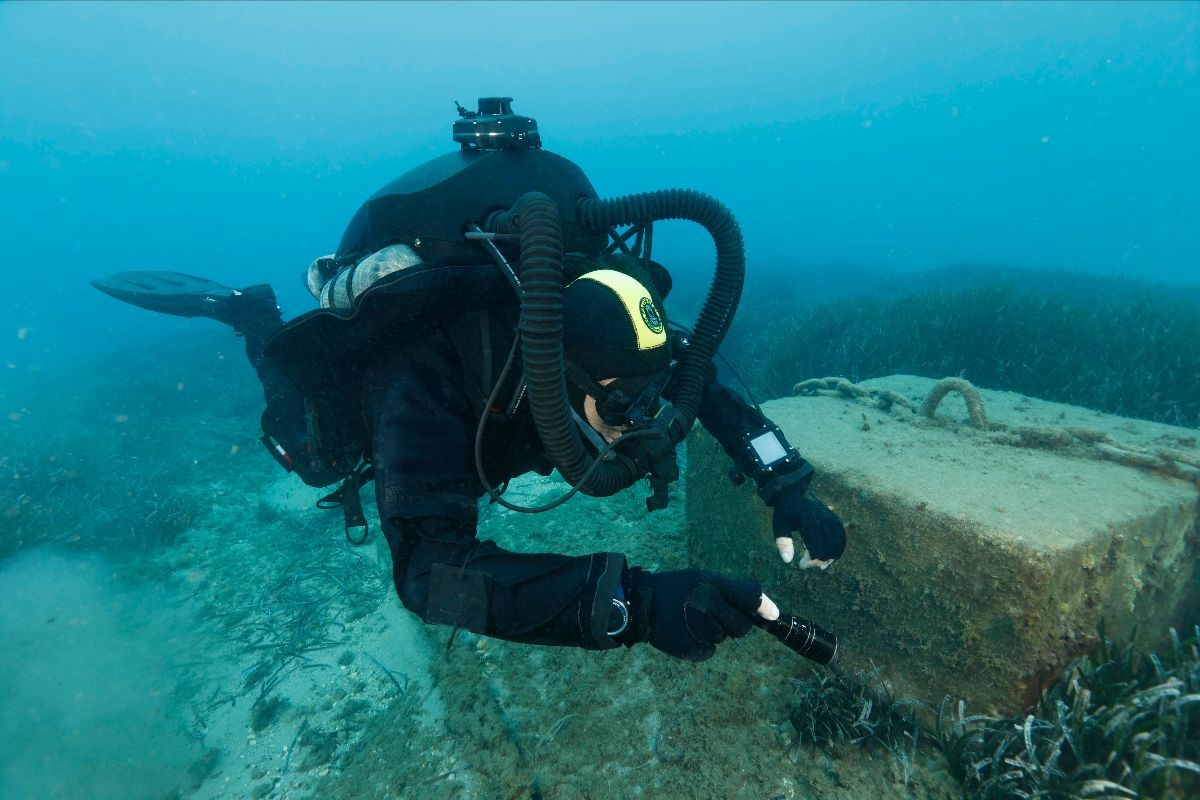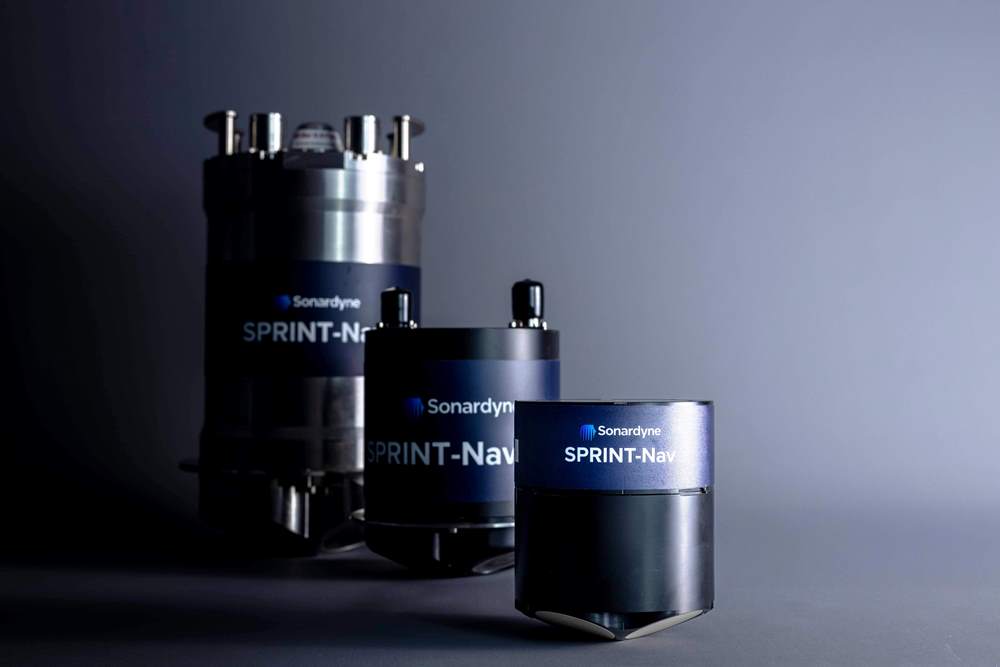Royal Navy builds drone in first for expert squadron

Courtesy Royal Navy / Picture: LPhot Barry Swainsbury
Personnel from 700X Naval Air Squadron have built their first remotely-piloted air system in a milestone moment for the Culdrose-based team.
Once thoroughly put through its paces, the drone could be used as a testbed for sensors and delivering other payloads.
In an empty aircraft hangar, the sleek four-legged system is ready to be turned on and put through a series of ground tests.
“Clear. Arming,” calls Chief Petty Officer Phil Wood, as he lifts the control unit. “Live,” he adds and an angry high-pitched noise swells and fills the hangar as the tethered drone roars into life.
The 20kg octo-quadcopter is named Walrus after the flying boats pioneered by 700 Naval Air Squadron and flown from cruisers and battleships during the Second World War.
“This is the first time the navy has built its own air system using basic components,” said Lieutenant Kristian Lilley, who is overseeing the tests.
“It’s an important step in our recognition of endorsed manufacturer status with the Military Aviation Authority.
“Built to high, aviation standards, the Walrus will be used specifically as a testbed for sensors and other sensitive payloads. It will be our independent test and evaluation platform. As we’ve built it, we know the system and exactly what it’s capable of.
“We’re now testing it using a rigorous regime here in a controlled environment. When we’re confident it’s operating correctly and safely, we’ll conduct our first flying tests, probably in the new year.”
The Royal Navy's drone experts at 700X NAS have build their own quadcopter in a first for the squadron.
Lt Lilley added: “I have a background in engineering and in aviation as a fast jet pilot so I find it an interesting subject.
“This technology has been around for a few years but we’ve really seen it expand recently, particularly in scale. There’s no doubt that it’s here to stay and will increasingly play a role in all our lives.”
700X Naval Air Station is the Royal Navy’s expert unit in the research, training and deployment of remotely piloted air systems.
The squadron is a mix of Royal Navy personnel of various branches, Royal Marines, civil servants and contractors and is based at RNAS Culdrose. It uses nearby Predannack Airfield as a centre of expertise for flights and training.
Lieutenant Commander Martin Howard, the squadron’s commanding officer, said: “This project is just one strand of our work in researching, evaluating and deploying RPAS technology at the forefront of Royal Navy operations.
“It’s an important step in gathering knowledge and expertise in this ever-evolving field. As a squadron, we already train personnel across defence in the use of RPAS. We have flights which deploy the Puma air system to warships around the world and we are constantly testing and evaluating new systems from industry.
“This work will serve to strengthen all our outputs and is an important step forward for the Royal Navy.”
This announcement is another example of the importance being placed on emerging drone technology. It follows the MoD’s announcement of 250 more high-tech drones for the British military, under a £129 million contract with Lockheed Martin announced at the end of last year.










